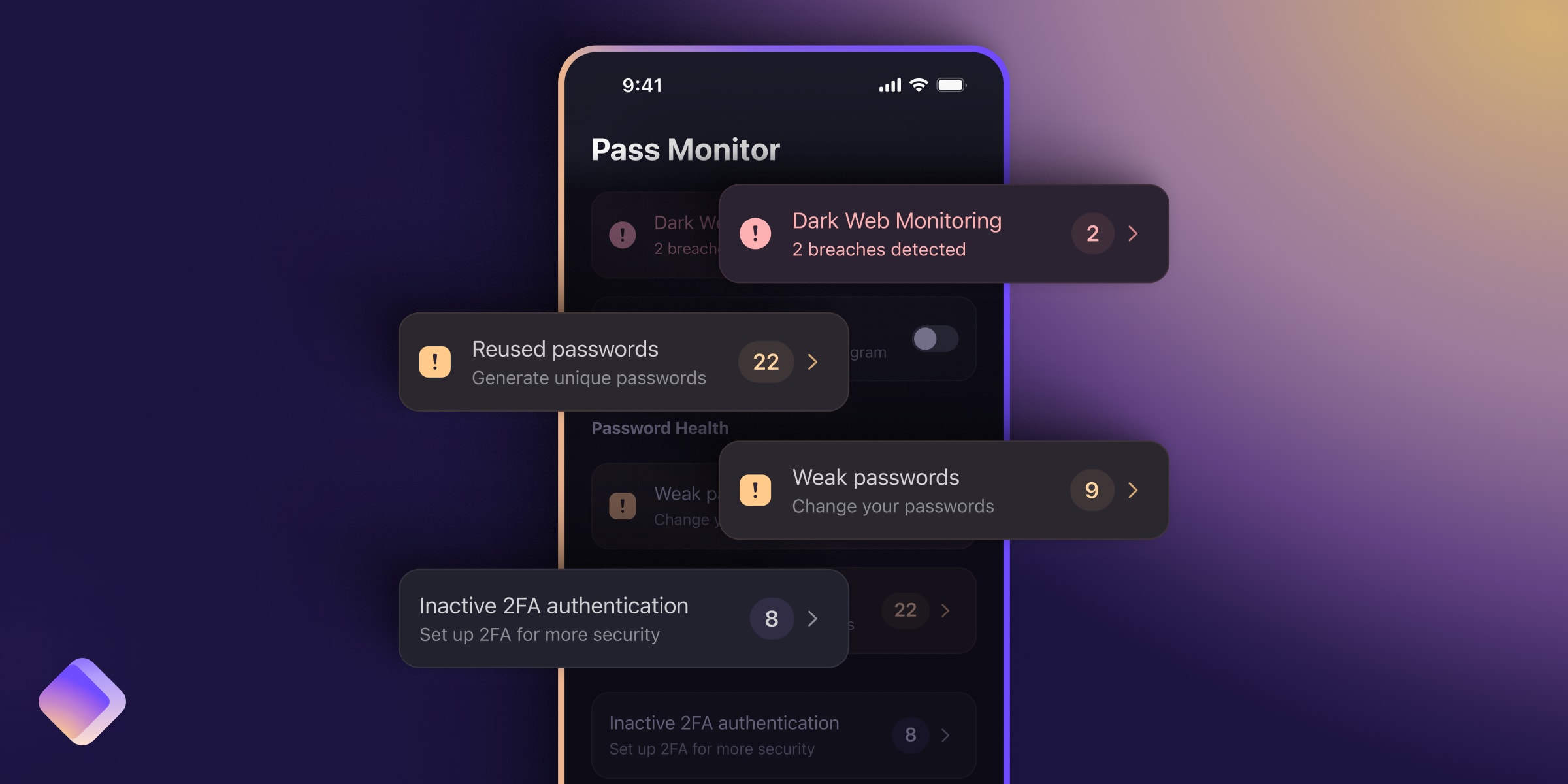Your private videos are for your eyes only. However, not all cloud storage services are good at storing videos securely, let alone privately. In this article we explain what you can do to keep file sharing companies from having access to the videos you upload and share online.
Most services can see your private videos
The sad state of affairs is that most cloud storage services can see the files you upload — though whether they actually do so is another matter. This is down to the type of encryption used. Normally, when you upload a file, it’s encrypted twice: First while it’s being sent, called in-transit encryption. Once it arrives, it’s then decrypted before then being encrypted again with what’s called at-rest encryption.
The reasons for this are historical more than anything. Before we had high-speed internet, it made sense to use two kinds of encryption. The in-transit encryption would be extra secure to make sure that even if your data was intercepted it would be unreadable, while files kept on servers would use a fast cipher so you could quickly access them.
The downside to this is that the service you’re using can see what you’re storing. In this system, the service always has the key to your data, and you have no real control over your files.
Changing paradigms
The only way around this is to use a different type of encryption, called end-to-end encryption. In this scenario, data is encrypted from the moment you upload it until you download it again. At no other point is it decrypted, meaning nobody can sneak a peek at it. Better yet, you’re the one in control of the keys as they’re generated on your end, meaning you’re in control of your files.
Currently, there’s little reason not to use end-to-end encryption, unless your business model is based on surveillance. Servers and connections are fast enough to handle encryption, and encryption protocols themselves have also significantly improved — a good example being PGP encryption. The best part is that these advanced protocols even let you share private video with others while remaining encrypted.
If you want to use a cloud storage service where your private videos stay private, end-to-end encryption is the key. However, that means you need to find a service that offers this.
How to share private video in Proton Drive
This is where Proton Drive comes in, a state-of-the-art cloud storage service that has end-to-end encryption by default. It’s not a paid feature, or an obscure toggle you need to click on: Anything you store with us enjoys full privacy. At no point can anybody but you, and whomever you share with, see the videos you’re storing.
As a result, any video becomes a private video when you upload it to Proton Drive. You can decide who can see it and who can’t, and you can stop sharing whenever you want. It’s even possible to set an expiry date on a link, or password protect them for greater control.
See our article on creating shareable links to learn exactly how to share private videos.
Putting you in control is a core part of our philosophy at Proton. We have built an interface based on your feedback, and all our features were inspired by our community. This is because we always put our users first. We can do this because, unlike most other tech companies, we’re entirely funded by you, our users. No shareholders, no venture capital; it’s just you that’s funding us.
If that sounds like something you want to be a part of, a community with its own voice and our ear, then join Proton Drive today. The first 5 GB is free forever.














